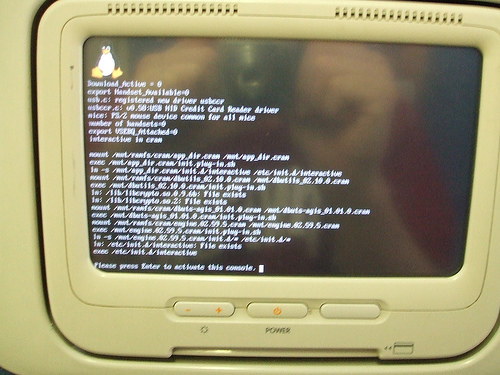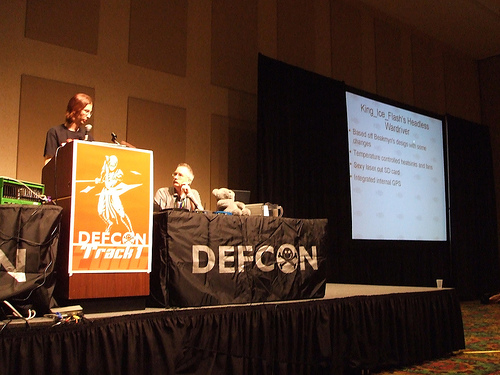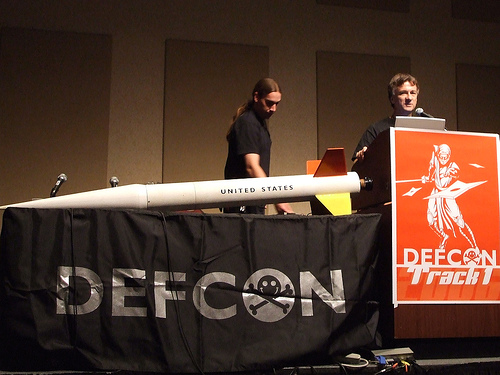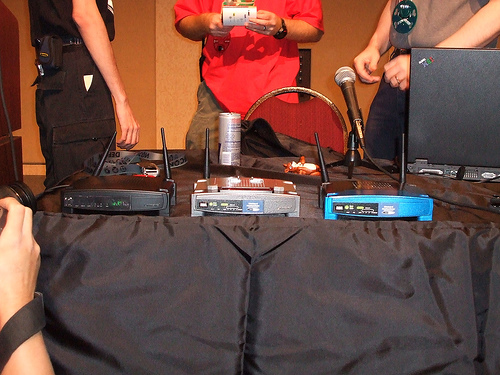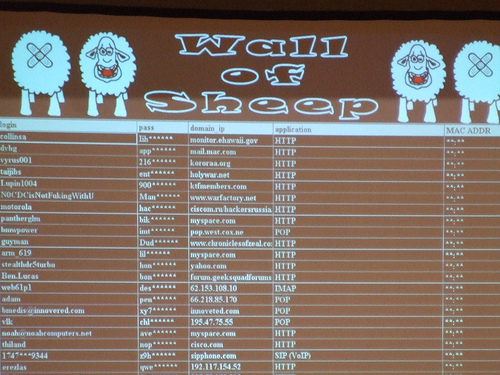I was reading an article over at The Register, an excellent tech news site (don’t forget to check the BOFH!), that explains a plan by Google to use a microphone connected to your PC to record the ambient sound, extract information about what you are watching on a nearby TV, and then deliver targeted advertising to you based on your selection. I wonder what would they deliver if you are a horror movie fan, or if you are watching Sir David Attenborough’s nature documentaries…but I digress.
In my book, this is plain and simple espionage. There are laws in some countries (also at state level in the U.S.) that govern wiretapping and conversation recording; in some cases, recording as long as you have the consent of one of the parties involved is OK, in others it is just plain illegal. Of course, Google would argue that they do not send the actual sound anywhere, but only a mere derived “signature”. Jim Atkinson’s tscm.com site has some really good information on the subject, as he has been dedicated to hunting down the spies for decades.
All this brings me to a new subject, which is the amount of information that Google may already be collecting about you – personally. Do you have a Gmail account? Do you know about something called Google Analytics? Some of you will have already put two and two toghether (answer is not three). Gmail privacy statement mentions:
Google scans the text of Gmail messages in order to filter spam and detect viruses, just as all major webmail services do. Google also uses this scanning technology to deliver targeted text ads and other related information. This is completely automated and involves no humans.
OK, so they have the contents of every email you send and receive, classified in terms of what sort of things you may buy if they present you with targeted advertising. On the other hand, Google Analytics is a statistics tool widely used by people and companies to track usage of their websites with a great deal of precision. Information collected by Analytics includes the IP addresses of visitors, every action they take, and every navigation path they follow.
Now, combine the two bits of information common to your Gmail account, and somebody.com’s tracking data of your browsing session – the IP address used to send the email, or to browse the site. It can be argued that in many cases, these IP address can be dynamic, or belong to a large organization behind a proxy – but hey, Google is now potentially handling millions of bits of statistical data, so they could eventually learn a great deal about what you do online. Now they only need what you are watching on TV, and your assimilation will be complete. Resistance is futile.
Can anyone say separation of powers? If you are really concerned about your privacy, you probably know what this will do, once placed in your hosts file:
# [Google Inc]
127.0.0.1 www.google-analytics.com
127.0.0.1 ssl.google-analytics.com
If you don’t, then welcome to the era of privacy deprivation..
[Edit: I have changed the post’s title, as it looks like the strike tag was causing problems with indexers…sigh]
